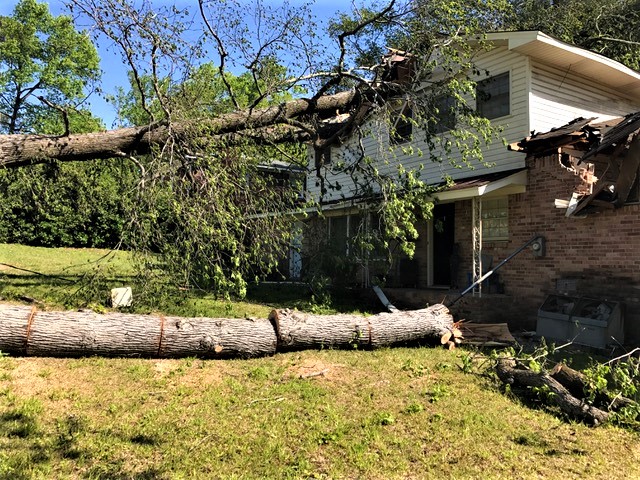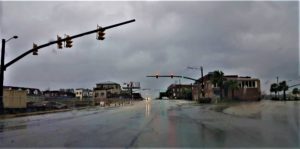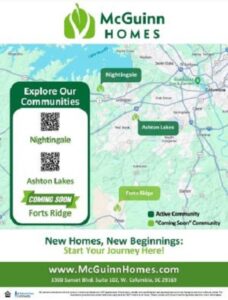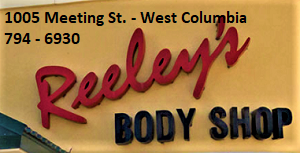
Attention turns to emergency preparedness plans in West Columbia this month
 September is National Preparedness Month, and there has been good reason to be ready in West Columbia in recent years.
September is National Preparedness Month, and there has been good reason to be ready in West Columbia in recent years.
The flood of 2015 impacted West Columbia’s Riverwalk and required families and emergency crews to respond.
Floods from Hurricane Matthew in 2016 wreaked havoc on the city. And in 2017 Hurricane Irma resulted in an emergency response from officials. The year 2018 has been a little less hectic, to this point, but that could change.
“We have been good to go this year,” said West Columbia Assistant Police Chief Scott Morrison. “But you always have to be ready, because you never know when an emergency situation can arise.”
In South Carolina, hurricanes are always a threat, along with tornadoes, and flooding from rain storms.
The American Red Cross suggests that residents in West Columbia, and everywhere, have a response plan for the emergencies that are most likely to happen where you live.
Morrison said families should have non-perishable food items on hand, if they are left in their home without power. He said there should be a kit of items in the event of an emergency, too.
Consider how you will respond to emergencies that can happen anywhere, such as home fires and floods. Think about emergencies- like a winter storm- that may require your family to find shelter in your home versus an emergency – like a hurricane- that may require your family to evacuate.
Suzanne Terry, and her husband Marc and daughter Chloe, live in West Columbia.
 “We have a plan for emergencies, and we discuss the different types of potential emergencies,” said Terry.
“We have a plan for emergencies, and we discuss the different types of potential emergencies,” said Terry.
The Terry’s have prepared MREs (Meals Ready to Eat) bottled water, go bags, with medical supplies in case of an emergency. Terry said her family has a week’s supply of everything.
She also said if there is a fire, everyone knows the quickest exit path out of their home.
And food and a plan are not all you need. “Have flashlights, with fresh batteries,” Morrison said. “And it’s a good idea to have matches, too.”
Morrison suggested that families have a central location, discussed before an emergency, to meet, in order to conduct a headcount so that everyone is accounted for.
The Red Cross suggests that families “choose two places to meet up. One being right outside your home in case of a sudden emergency, such as a fire. The Red Cross also says it’s a good idea to have a place to meet outside your neighborhood, in case you cannot return home or if you are asked to evacuate.
Practice evacuating your home twice a year. Grab your emergency kit, just like you will in a real emergency, then drive your planned evacuation route. Plot alternate routes on your map in case roads are impassable. Make sure you have locations and maps saved on devices such as cell phones and GPS units and on paper.
And remember, some members of your household may need special accommodation during an emergency, which means planning ahead is even more crucial.
Morrison said it is important to make considerations for pets in an emergency response plan.
 “If shelters will not take pets, you don’t want to leave the pet at home,” he said. There are pet-friendly hotels.
“If shelters will not take pets, you don’t want to leave the pet at home,” he said. There are pet-friendly hotels.
If your community experiences a disaster, you can register on the American Red Cross Safe and Well website to let your family and friends know you are safe.
Or, call 1-800-RED CROSS (1-800-733-2767) and select the prompt for “Disaster” to register yourself and your family.
In emergency, also stay tuned to local media, social media, for updated emergency information. Go to: West Columbia Facebook page
West Columbia Twitter page
West Columbia Instagram page







